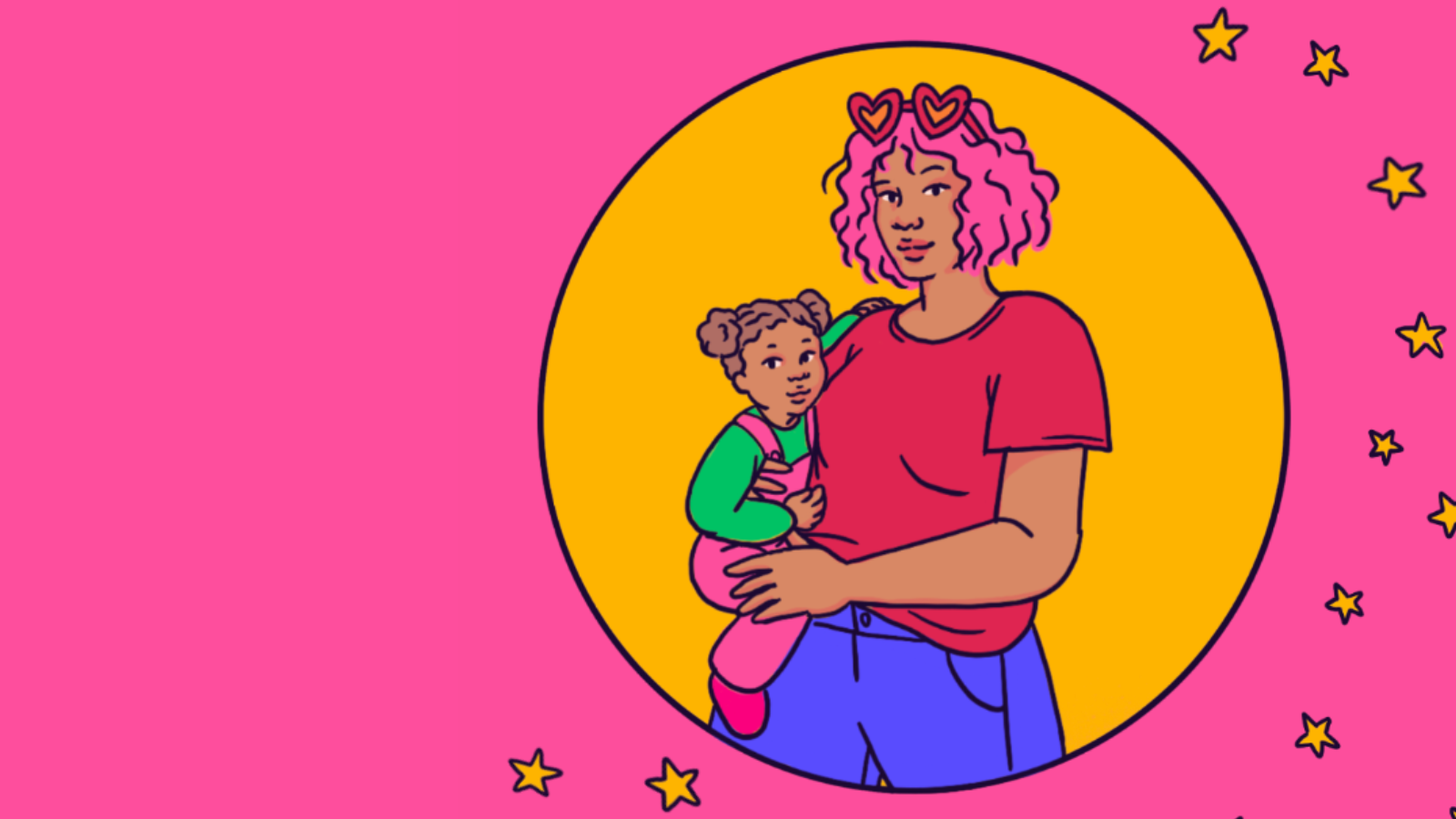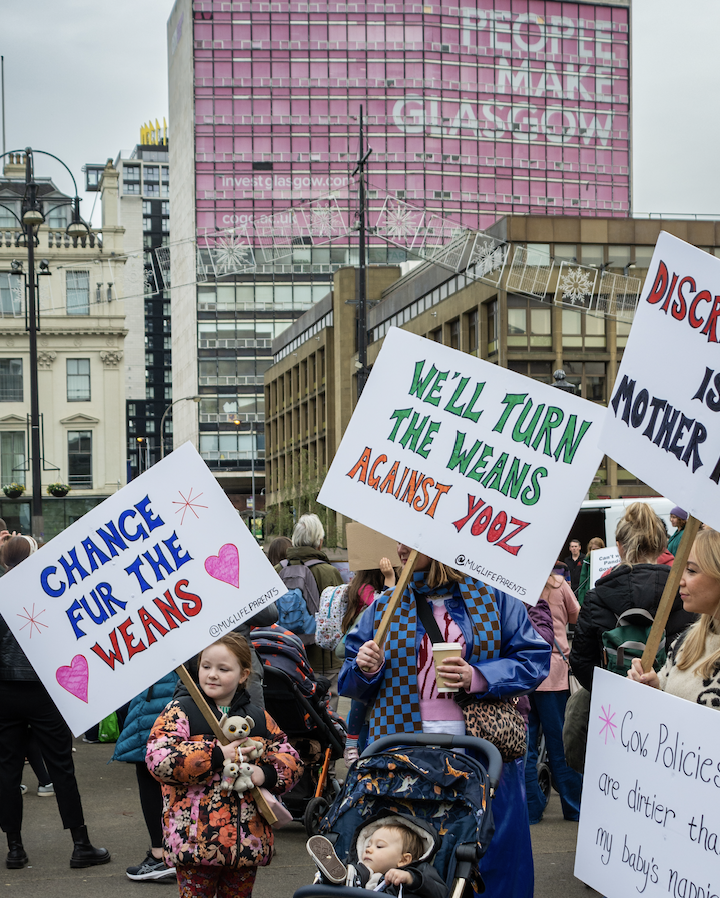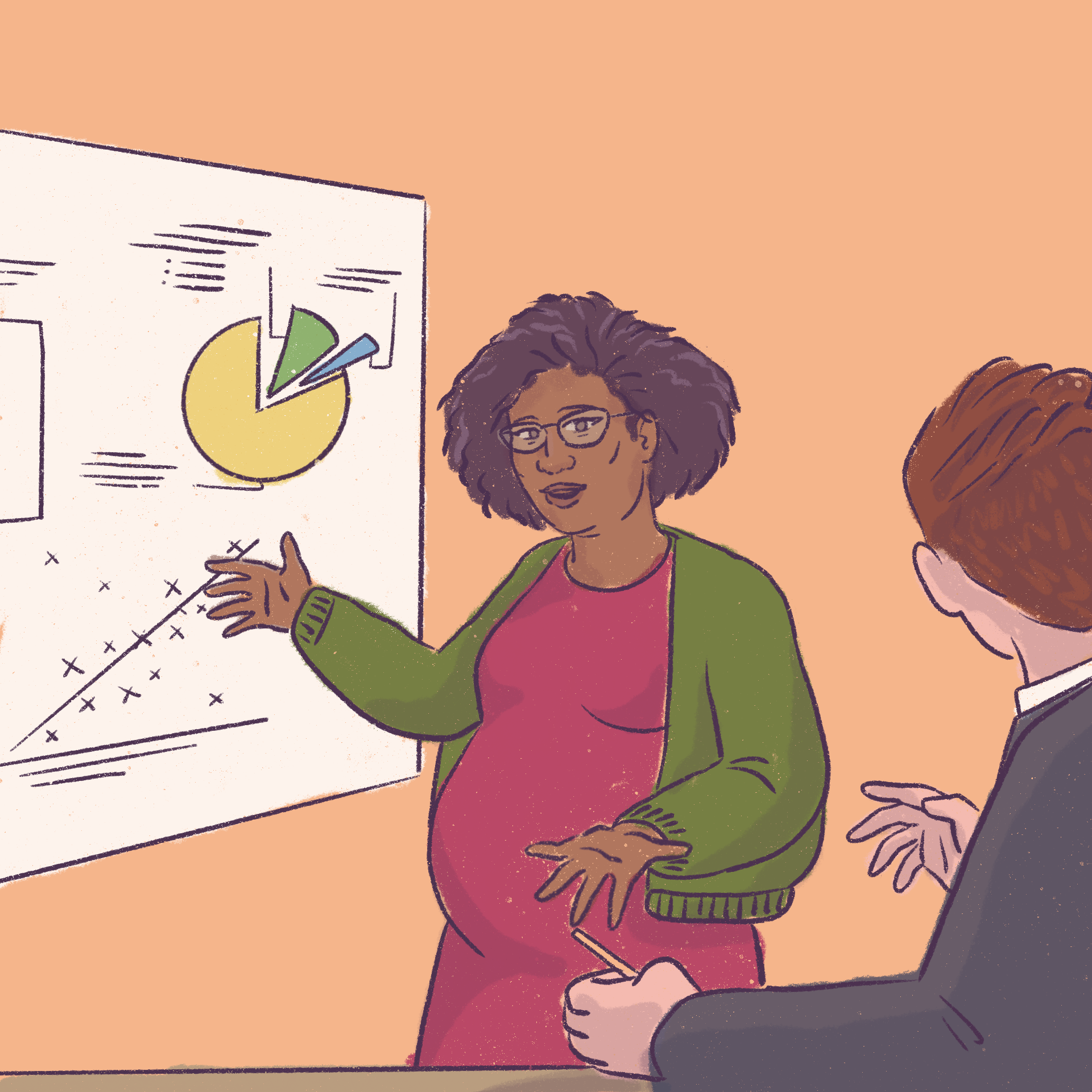Tuesday 4th April is Equal Pay Day. The day where we remember that women get paid 20% less than men because they have a uterus. Okay, I am over-simplifying, equal pay and the gender pay gap are nuanced issues – one of the reasons why you have so many twits denying it even exists – but from most of the evidence it is pretty clear that motherhood is the real crippler.
Firstly, let me just be clear – there is a difference between Equal Pay and the Gender Pay Gap though they are of course related. Equal Pay is when women are paid less for doing the same type of work as men. The gender pay gap is the aggregate difference between men’s and women’s annual salaries. Many of the statistics relate to the gender pay gap, rather than equal pay, but they are still important to mention when looking at this issue holistically.
A recent report by the Resolution Foundation showed that for women in their 20s, the gender pay gap is now at an all time low of 5%, yet by the time a woman’s first child is 12 years old, they will be paid 33% less than a man. Isn’t that completely insane? At the point where women are likely to need most resources, when most families need two incomes to be able to get by, when women are working to feed and clothe their children, we pay them 33% less than men.
In terms of equal pay for equal work, there is of course obvious imbalance in the average salary of certain jobs. I still cannot fathom why a refuse collector is paid more than a nursery nurse. Nursery staff are doing one of the most stressful and important jobs there is, they are taking care of the next generation. Personally, I have absolutely no idea how any of them cope, I can barely manage my own two children. Just the idea of simultaneously managing a room full of 1 – 4 year olds, dealing with tantrums, wiping bottoms, trying to prevent them from biting each other, teaching them to be kind, feeding them, holding their little hands while they learn to walk, comforting them when they cry. The patience that is required just utterly blows my mind and that doesn’t even touch on all the training they need. If I had a choice between collecting bins or spending 10 hours a day dealing with a room packed full of children, I know which one I would choose. Yet the average wage for nursery staff is £13,000 and the average wage for a refuse collector is £18,000. Does this not prove the point that wages are lower for jobs traditionally performed by women without any reasoning behind it whatsoever? What is more terrifying is the recent report showing how 20,000 nursery staff are paid less than minimum wage. If we pay the people who are taking care of our children so badly that they can barely afford to survive, then how can we expect to have high quality childcare? But don’t worry, because our bins will be really clean.
Creating gender equal workplaces is not just about increasing the salaries of these types of jobs though, there is a great deal of work that needs to be done to address the unconscious bias of employers. There has been a whole heap of research about how motherhood changes an employer’s perception of a woman’s ability. An influential 2005 study found that when participants looked at applications from identical resumes that only differed by parental status, mothers were rated as less competent, less committed, less suitable for hire, promotion, and management training, and deserving of lower salaries. They were given a starting salary that was $11,000 lower than non-mothers. They were also held to higher standards. Fathers, on the other hand, actually benefitted from being parents.
Mothers are still not seen as valuable employees. Employers do not appreciate why motherhood can improve your skills, your ability to lead and manage and your dedication to your job. Research conducted by Microsoft showed that Nearly 60 percent of employers say that mothers make better team players and more than a third say their employees’ multitasking skills improved after they gave birth. Sociologist Julie Kmec found that women with children are, on average, more engaged at work than fathers. Likewise, she found mothers have equal levels of work commitment, intensity, and motivation than other workers. Yet, we continue to be penalised because we dared to want both a family and a career.
Until the Government is prepared to properly address this issue, creating legislation which tackles our outdated labour market infrastructure which expects women to be at home caring for children and men to be at work, things will never change. We need properly subsidized, means tested child care; flexible working to be as standard and fathers to be incentivised to take paternity leave. Only then will we start to see a shift in the way mothers are viewed in the workplace, challenging our conscious and unconscious bias and ultimately ensuring mothers are paid the same as fathers for doing the same work.
Help us to continue supporting women who fall victim to the motherhood penalty by donating to our crowdfunder: www.crowdfunder.co.uk/pregnantthenscrewed


